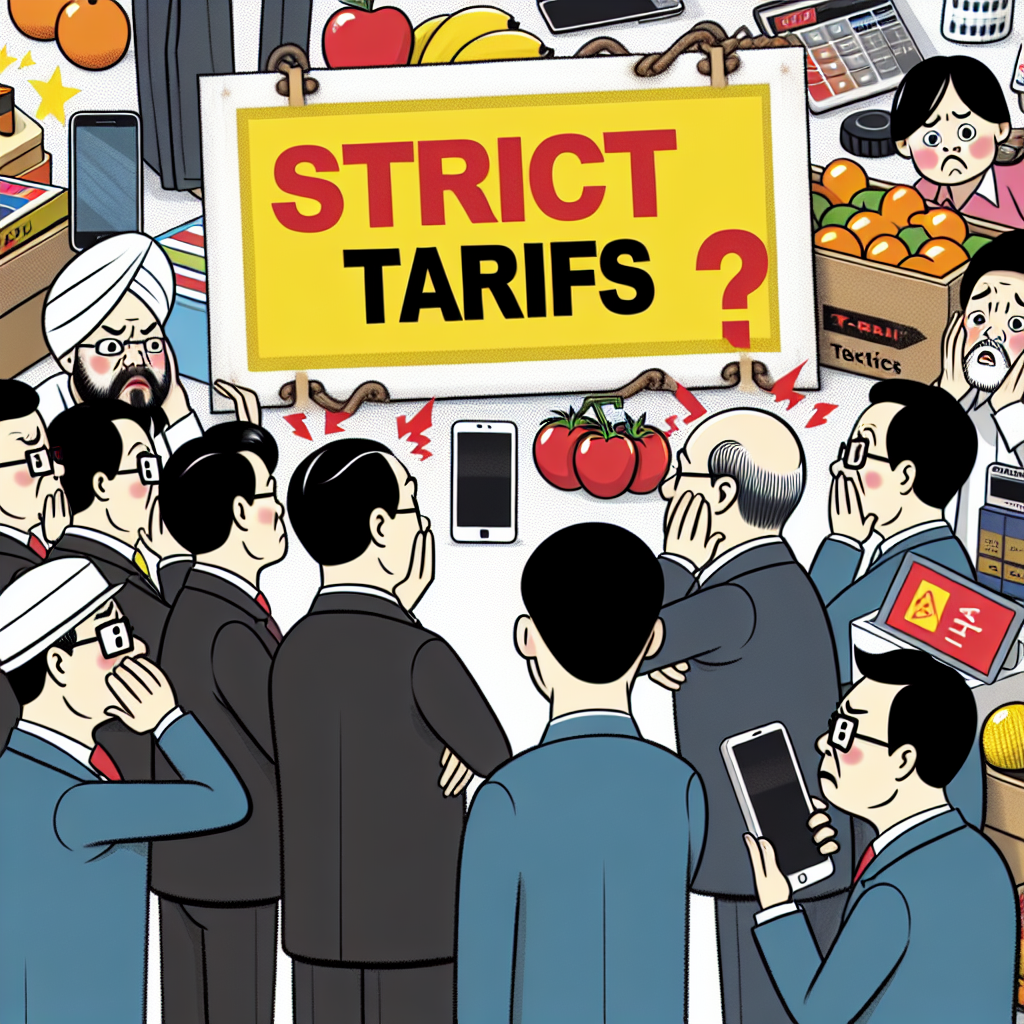Asian Allies Seek Relief as Trump Enforces Strict Tariffs
Asian Allies Seek Relief as Trump Enforces Strict Tariffs
Introduction
The imposition of strict tariffs by the Trump administration has sent ripples through global markets, particularly affecting Asian allies. These tariffs, primarily targeting steel and aluminum imports, have prompted a swift response from affected nations seeking relief and negotiation.
Impact on Asian Economies
Asian countries, heavily reliant on exports to the United States, are experiencing significant economic pressure due to these tariffs. Key impacts include:
- Increased Costs: The tariffs have led to higher costs for exporters, affecting profit margins and competitiveness.
- Supply Chain Disruptions: Companies are facing challenges in maintaining efficient supply chains due to increased import costs.
- Market Uncertainty: The unpredictability of trade policies has created an unstable market environment, affecting investment decisions.
Responses from Asian Nations
In response to the tariffs, Asian countries are exploring various strategies to mitigate the impact:
- Diplomatic Negotiations: Engaging in talks with the U.S. to seek exemptions or reductions in tariff rates.
- Trade Diversification: Exploring alternative markets to reduce dependency on U.S. exports.
- Strengthening Regional Ties: Enhancing trade agreements within Asia to bolster regional economic resilience.
Global Trade Implications
The enforcement of these tariffs has broader implications for global trade dynamics:
- Potential Trade Wars: The risk of retaliatory tariffs could escalate into broader trade conflicts.
- Shift in Trade Alliances: Countries may seek new alliances to counterbalance U.S. trade policies.
- Impact on Global Supply Chains: Disruptions could lead to long-term changes in global supply chain strategies.
Conclusion
The strict tariffs imposed by the Trump administration have placed significant strain on Asian allies, prompting a range of strategic responses. As these nations navigate the challenges posed by increased costs and market uncertainty, the global trade landscape may witness significant shifts. The situation underscores the interconnected nature of modern economies and the far-reaching impact of trade policies.


















